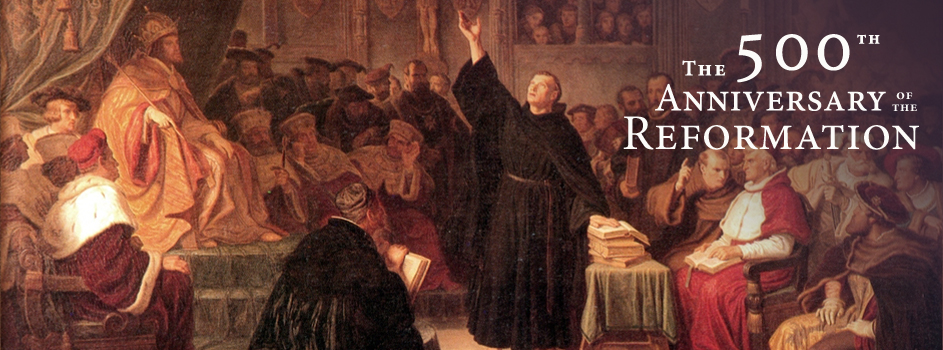
Spear-carrying cannibals
setting his house afire, an irate chief stalking him for hours with a loaded musket,
a native suddenly rising-up from a sickbed and holding him captive with a
dagger to his heart—the life of John Paton reads at times like a lurid
adventure story, with the hero saved at the last possible moment by his own
death-defying heroics.
John Paton was born in
1824 near Dumfries, Scotland, to a humble, God-fearing family of the Reformed
Presbyterian tradition. As the eldest of 11 children, he was forced to leave
school at age 12 to work alongside his father in the family trade of
stocking-making. Young John was influenced by his father’s prayers, which he
said could be heard through the thin walls of the family cottage.
In 1857, when Scotland’s
Reformed Church issued a plea for missionaries to the South Pacific, John went
to his parents seeking advice. He felt the call of God on his life, and his
parents confirmed that when they revealed to their son something they had never
before disclosed—John had been dedicated to the mission field while he was in
his mother’s womb.
John and his wife, Mary, sailed
from Scotland, April 16, 1858, landing on the New Hebrides Islands in November.
The Patons found themselves surrounded by “naked and painted wild men” who practiced
cannibalism, witch doctoring, child sacrifice and idolatry. A few months after
their arrival, Mrs. Paton gave birth to a son, but she suffered immediate
attacks of fever and pneumonia. Tragically, Mary died three weeks after giving
birth. Two weeks after her death, the little boy succumbed to the same
sickness, and John Paton dug a second grave beside the little hut he had built
upon their arrival.
Paton toiled on alone for
the next four years, coming back to the graves of his wife and son whenever he
needed comfort. “That spot became my sacred and much-frequented shrine,” he
wrote in his autobiography, “during all the following months and years when I
labored on for the salvation of the savage Islanders amidst difficulties,
dangers, and deaths. But for Jesus, and the fellowship he granted to me there,
I must have gone mad and died beside the lonely grave!”
For the first years, Paton
had little success reaching the natives for Christ. But, he kept plodding
writing, “I realized that my life was immortal until my Master’s work for me
was done.” The turning point came when Paton decided to dig a well for the
native tribes. The superstitious people were terrified at the thought of
bringing “rain from below” and watched with deepest foreboding.
Paton dug until finally
after 30 feet, he tapped into a stream of water. Opposition to his mission work
ceased, and the wide-eyed primitives gave him their full respect. Chief Mamokei
accepted Christ as Savior, then a few others made their commitment to Christ.
On Oct. 24, 1869, nearly 11 years after his arrival, Paton led his first
communion service. Twelve converted cannibals participated in the Lord’s Supper.
Paton wrote, “As I put the bread and wine into those hands once stained with
the blood of cannibalism, now stretched out to receive the emblems of the
Redeemer’s love, I had a foretaste of the joy of glory that well nigh broke my
heart to pieces.” -DM
Sources:
Robert J. Morgan, On This Day (Nashville, TN: Thomas Nelson, 1997), October 24.
